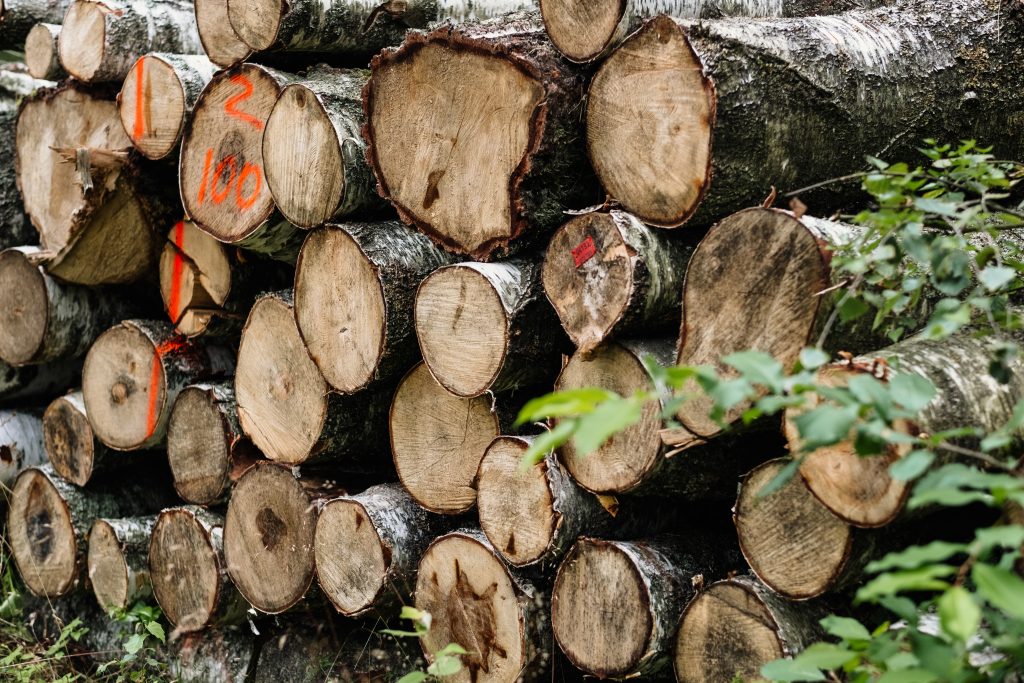Plastic waste is among the most urgent environmental issues of our time. The widespread use of plastic, along with poor disposal and recycling systems, has resulted in a troubling buildup of plastic waste in landfills, oceans, and natural settings. Recognizing the magnitude of this issue and finding effective solutions is vital for safeguarding our planet’s ecosystems and human well-being.
Extent of Plastic Waste
Every year, approximately 380 million tons of plastic are produced globally. This durable and versatile material is used in items ranging from packaging and consumer products to medical devices and car parts. However, the very properties that make plastic useful also contribute to its persistence in the environment. Around 8 million tons of plastic are believed to enter the oceans each year, endangering marine life and ecosystems.
Plastic waste can take hundreds of years to decompose, breaking down into smaller fragments known as microplastics. These microplastics have been found in the most remote corners of the earth, from the deepest ocean trenches to Arctic ice. They enter the food chain through marine organisms, eventually making their way to humans, with potential health risks that are still being studied.
Sources of Plastic Waste
 Single-use plastics, such as straws, bags, bottles, and packaging, are among the primary contributors to plastic waste. Despite their short-lived utility, they linger in the environment for centuries. Industrial activities, inadequate waste management infrastructure, and consumer habits all exacerbate the problem. In numerous regions, especially developing countries, inadequate waste collection and recycling systems lead to widespread littering and illegal dumping.
Single-use plastics, such as straws, bags, bottles, and packaging, are among the primary contributors to plastic waste. Despite their short-lived utility, they linger in the environment for centuries. Industrial activities, inadequate waste management infrastructure, and consumer habits all exacerbate the problem. In numerous regions, especially developing countries, inadequate waste collection and recycling systems lead to widespread littering and illegal dumping.
Tackling the Plastic Waste Problem
Combatting plastic waste requires a multifaceted approach. Essential strategies involve:
Reducing Plastic Production and Use: Governments and businesses can adopt policies and practices to cut down on plastic use. Banning single-use plastics, incentivizing alternative materials, and promoting reusable products are effective measures.
Improving Waste Management and Recycling: Enhancing waste collection, sorting, and recycling infrastructure is critical. Investments in advanced recycling technologies, such as chemical recycling, can convert plastics back into raw materials, reducing the need for virgin plastic production.
Increasing Public Awareness: Informing consumers about the environmental impact of plastic waste and promoting sustainable habits can lead to significant change. Public campaigns and educational programs can encourage recycling, proper disposal, and reduced plastic use.
Innovation and Research: Continued research into biodegradable plastics, alternative materials, and waste-to-energy technologies can offer long-term solutions. Innovation in product design can also reduce plastic use and improve recyclability.
International Collaboration and Policy
International cooperation is essential for addressing plastic waste on a global scale. Agreements like the Basel Convention and initiatives led by organizations such as the United Nations Environment Programme (UNEP) aim to reduce plastic pollution through coordinated efforts.
The plastic waste problem requires immediate and collective action. By reducing plastic production and consumption, improving waste management, raising public awareness, and fostering innovation, we can mitigate the environmental impact of plastic waste and move towards a more sustainable future. It is the duty of governments, businesses, and individuals to ensure Our Site planet is preserved for future generations.

